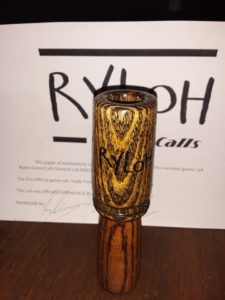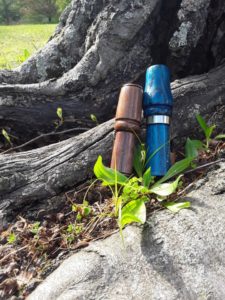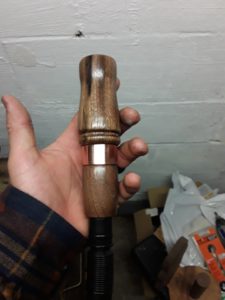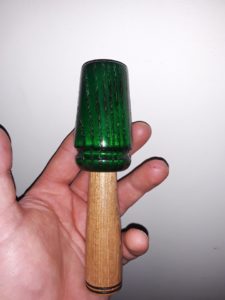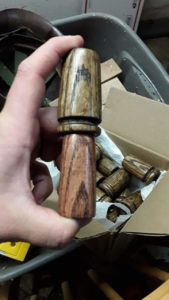Show Notes:
Duck hunting takes more gear than most other types of hunting, BUT you can get started with a few must haves and then later add on the should haves. On this episode I go into some detail about all the gear you need for duck hunting and how you can break into the sport the easiest and the cheapest way.
Must Haves
- All the required hunting licenses – This will include some mix of general state hunting license, state duck hunting license, and federal duck depending on where you live.
- Shotgun – Whatever you already have or can borrow is the best place to start! Hunt, learn, and then decide what would be best for you to buy.
- Steel Shot – Start cheap, more expensive shot can come later.
- Cheap Waders – A pair of super cheap $30-$50 waders can get you into the game for your first hunt. You can patch holes, but they likely wont make it to a second season. However you are loosing nothing by starting cheap. You dollar-per-season wader cost will not be worse than if you get better waders. If a $40 pair lasts one season and a $200 pair lasts five seasons, the cost per season is the same but the barrier to entry is lower. Granted, the better waders will be MUCH nicer. But you can get those next year.
- Headlamp – Expensive options get you very little more function than cheap ones. Waterproofing is about the only feature worth paying more for.
- Ear Protection – Never get into a duck blind without ear protection. Start with the cheapest foam ear plugs money can buy then work your way up to better electronic options, I think Tetra Hearing makes the best ear protection in the industry but they are most likely a second or third season purchase for most new waterfowl hunters. Keep in mind a good earplug strategy can make the difference between foam ear plugs being a usable tool and something that ruins your hunt.
- Decoys + Decoy rigs/anchors + Decoy Bag – You can start with as few as 6-12 decoys. You want some cheap, small, and durable mallard decoys. Pay up for fancy ones down the road.
- A Duck Call – A mallard hen call is all you need to get started. I called in my first duck ever with a Ryloh Workingman Mallard Hen.
- Waste Up Camo – You should be hidden well for duck hunting, little below your shoulders should ever be visible.
- A Good Hide – Many duck hunters, including experts build their own duck blind on location with whatever they can find that day. This should cost you $0 to get started.
- Seat – You need something that will keep you dry, comfort is a plus. Consider a short folding stool, a turkey chair, a piece of an exercise mat, or just a bucket with a lid.
Should Haves
- Jerk Rig – Something to create motion on water when the wind isn’t blowing.
- Decoy Gloves – Something waterproof is a must have for cold days with cold water.
- Good Waders – You cannot hunt forever with junk waders, this is often the first piece of gear to upgrade once you get going.
- Call Lanyard – Keeps you calls handy so you can grab them with minimal movement, and keeps them from getting lost in the mud.
- Decoy/Gear Transportation – A Jed Sled is ideal once you have more gear than you can carry on your back, but a cart or kayak are good options too, if you have them.
- Cold Weather Gear – As the season progresses you will need items that are wind and waterproof. Warm gear will help extend your season.
- A Hand Warming Plan – Some people like warm gloves, a callers glove, a warmer muff or just pockets with handwarmers. Get some experience and see what you prefer.
There is always more, the sky is the limit. But this my list for beginner duck hunters. Most of this gear will be well suited for goose hunting too except for the call and decoys. Listen to the episode for more details about each and how to get cost effective options.

